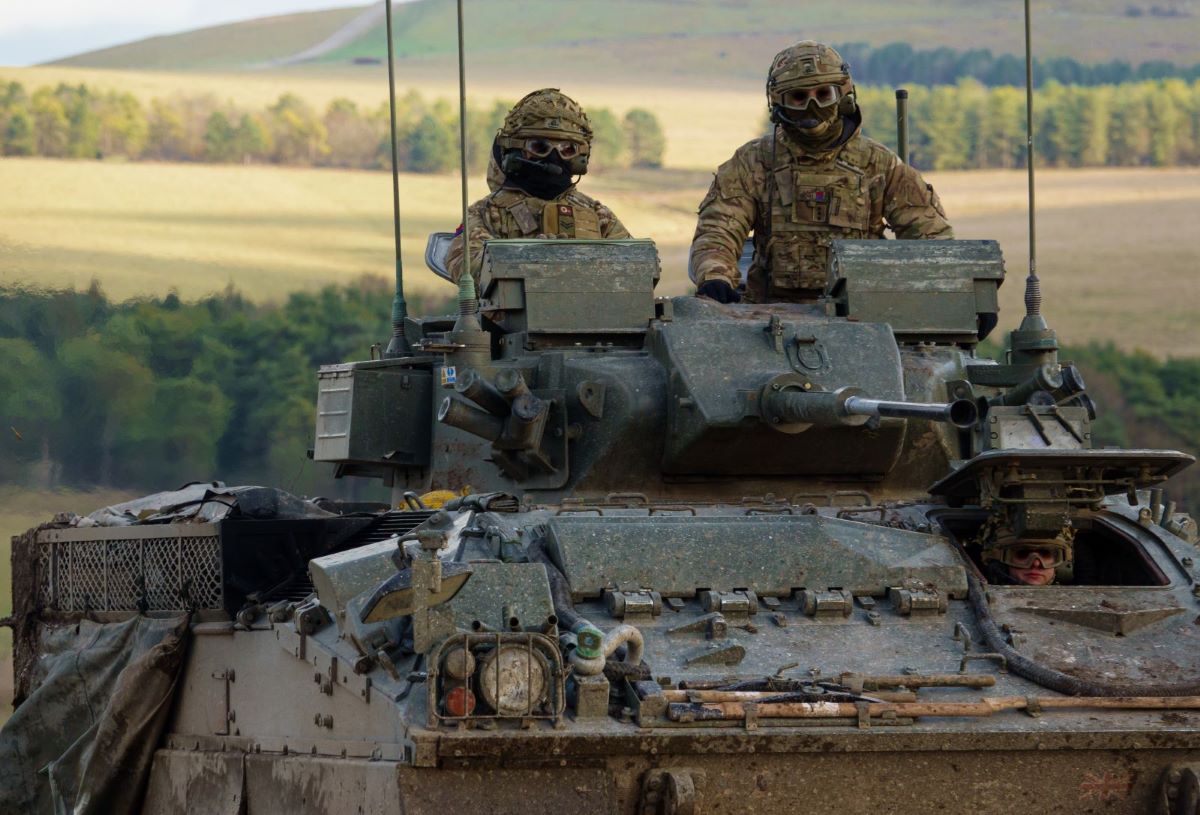Foreign generals have warned that the UK’s shrinking army may struggle in high-intensity conflicts, but military leaders argue that conscription is not the solution to enhancing defence capabilities. Here’s the full story.
Military Under Scrutiny

The United Kingdom’s military strength has come under scrutiny as senior European generals express concerns about its capacity to engage in high-intensity conflicts, particularly in light of the ongoing war in Ukraine.
Inopportune Time
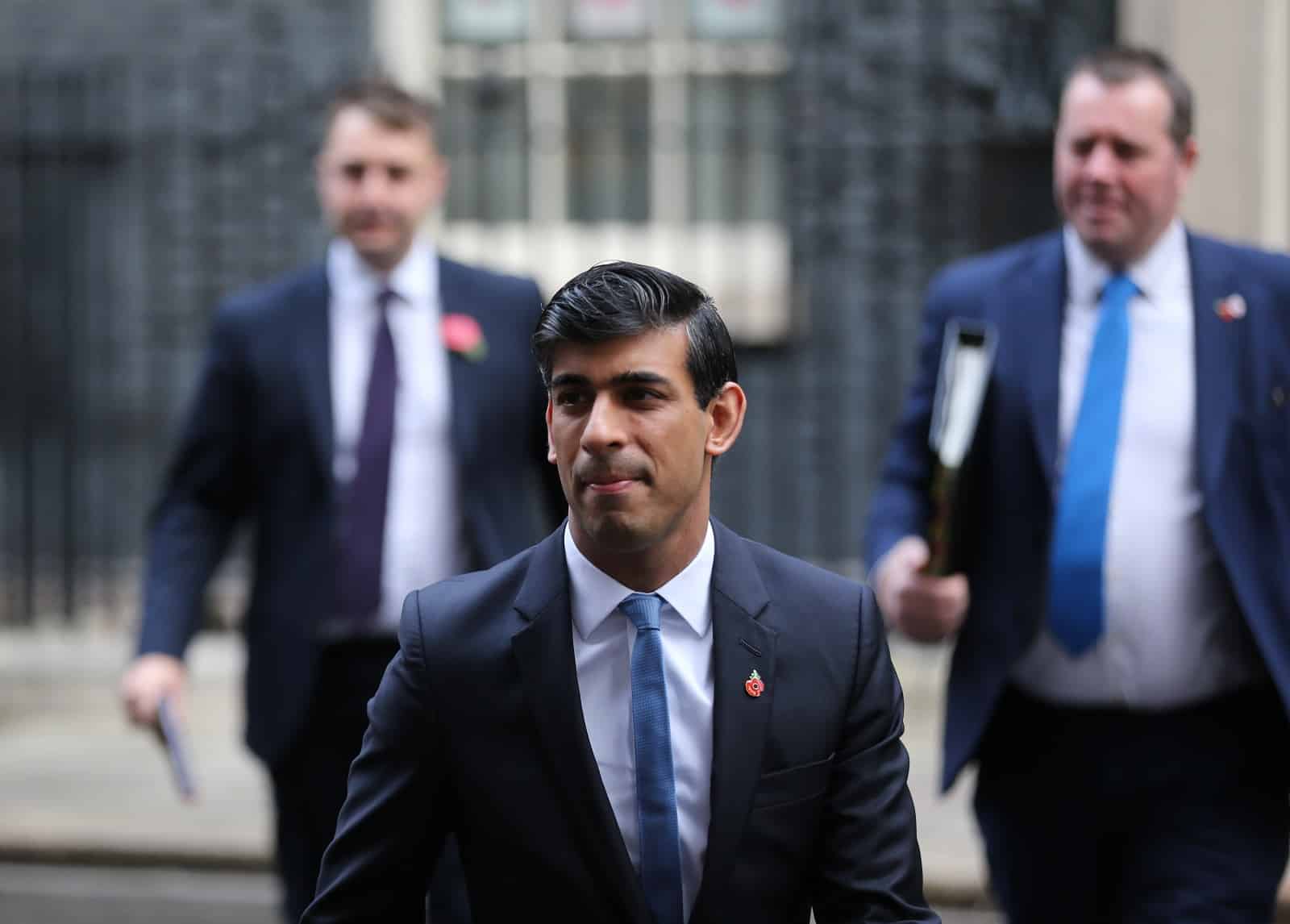
The comments have come at a particularly inopportune time for Prime Minister Rishi Sunak. The disastrous launch of his national service plan has turned the nation’s attention to its security in the run-up to the general election.
“Concern About The British Army”

One unnamed EU general told the Times of the challenges facing the British Army, stating, “There is a concern about the British Army. We see they are facing difficulties regarding their human resources and also the equipment capabilities. The number of soldiers will be reducing in the next coming months.”
82,000 to 73,000
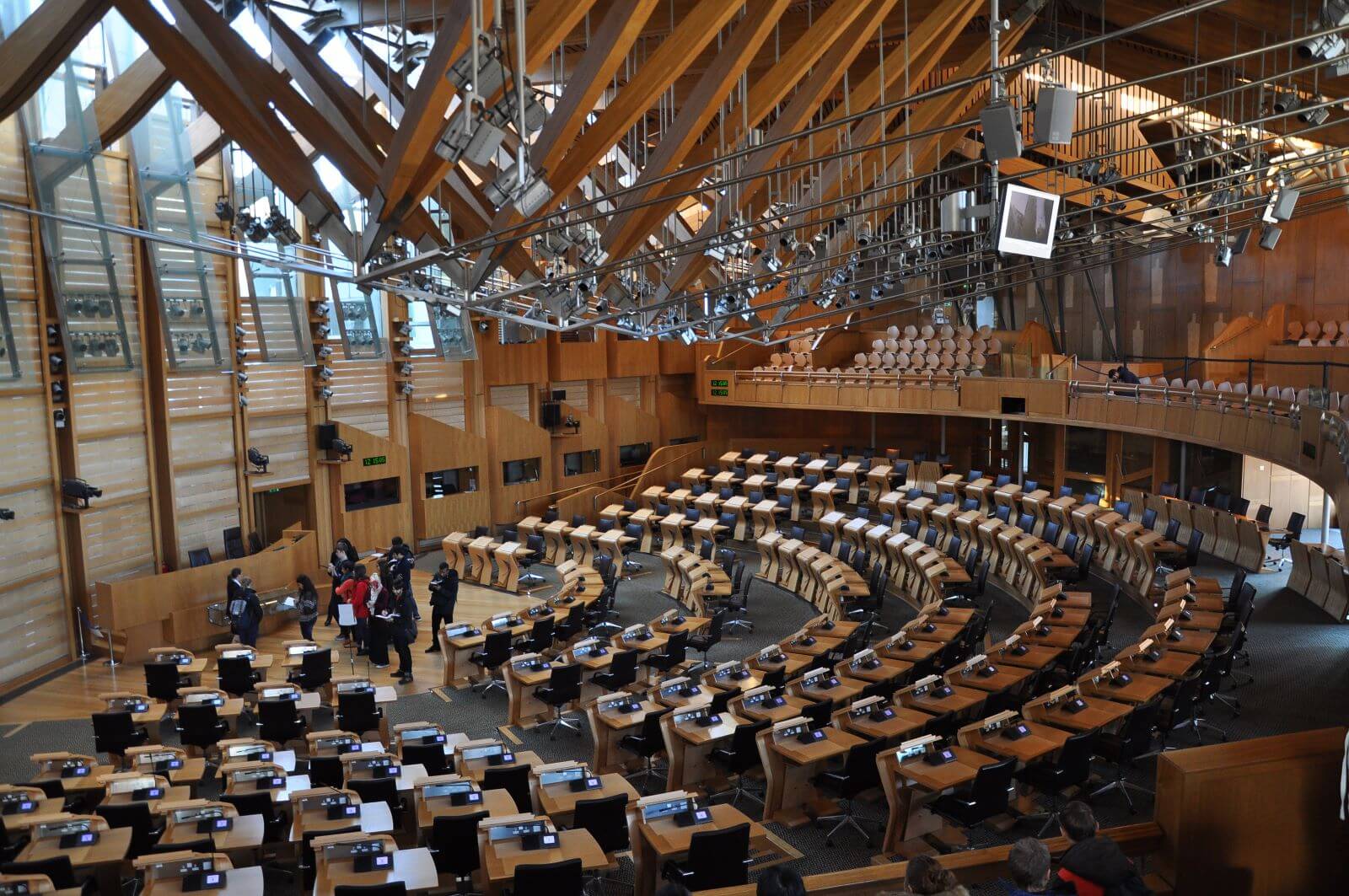
With the size of the UK’s army set to be reduced by the government from 82,000 to 73,000 personnel by 2025, fears are mounting amongst Britain’s allies about its effectiveness should the unthinkable happen.
73,190 Soldiers
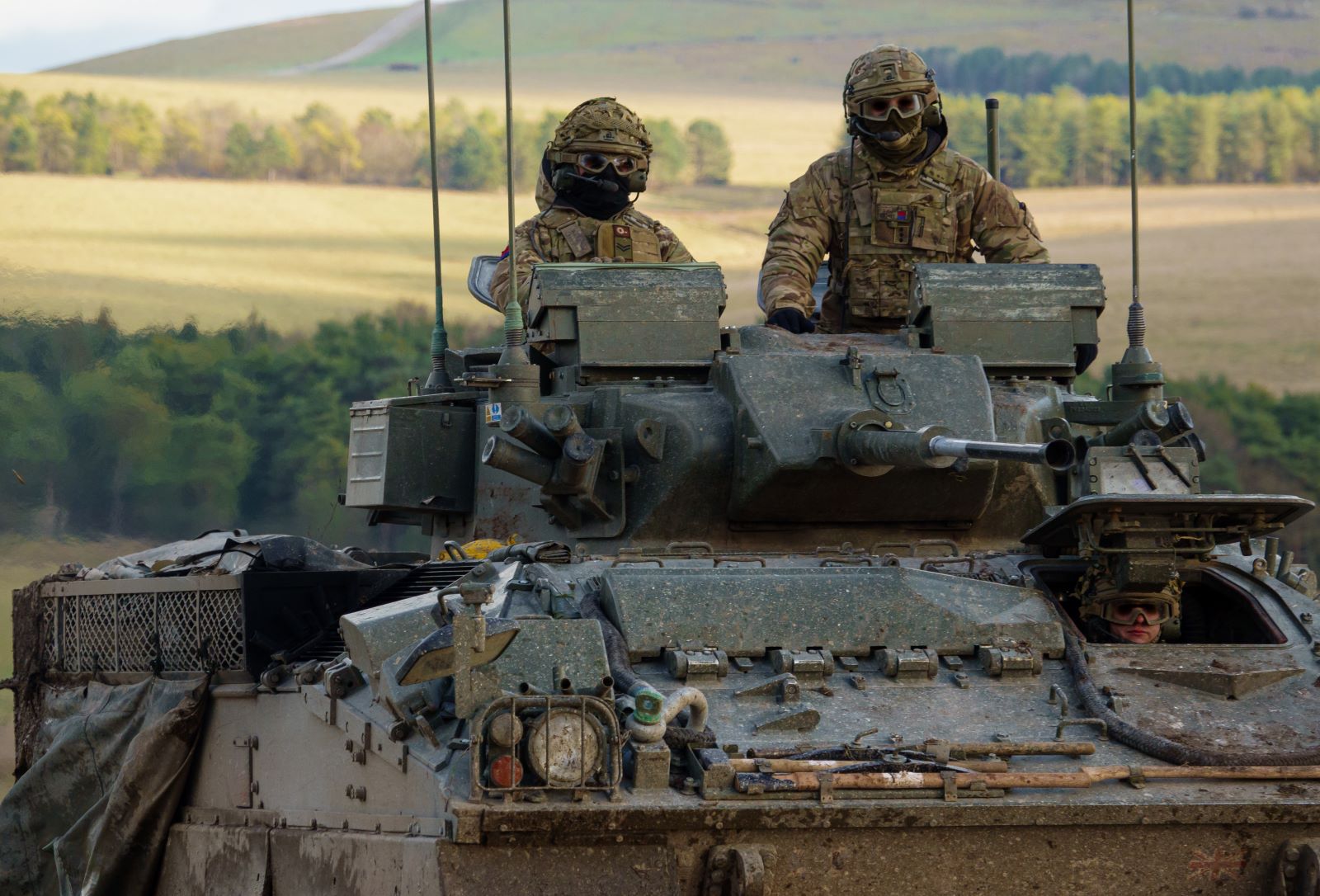
The British army currently has 73,190 active duty personnel, just under 40,000 less than France, which currently has 110,000 soldiers, and less than half as many as Germany, which is increasing its armed forces to 200,000.
Questions Over UK Readiness

This disparity has prompted senior military officials to question the UK’s readiness and sustainability in prolonged conflicts.
“You Must Have Numbers”

The EU general emphasised this problem in remarkably stark terms, stating, “The main problem is the capability of the army to face a high intensity conflict. You must have mass, you must have numbers. In Ukraine you can see we must have mass to fight the Russian army.”
Trident Nuclear Submarines

Despite persistent concerns over the UK’s conventional forces, the country’s nuclear capabilities, including the Trident nuclear submarines, which pose as the UK’s continuous at-sea deterrent, remain a valuable asset for both Europe and NATO.
Two Solutions

Partly in response to criticism over the decline of the country’s armed forces, Rishi Sunak has proposed two solutions as he attempts to make national security a cornerstone of his election campaign.
2.5% of GDP

The first, which allies have widely lauded, would be a gradual increase in defence spending to 2.5% of GDP by 2030.
“On a War Footing”

When announcing the policy in Poland in April, Sunak stressed that the country was “not on the brink of war” but added that the increased spending would help put it “on a war footing.”
3.9% and 3.4% of GDP

While this number still pales in comparison to the 3.9% of GDP spent by Poland, the country with the highest spending in 2023, or the 3.4% of GDP that the US spends on defence, it would significantly increase the UK’s overall defence spending.
Sparking a Backlash

However, Sunak’s latest proposal, the reintroduction of national service for 18——and 19-year-olds, has been less well received and has been roundly criticised by opposition politicians, members of Sunak’s Conservative party, and former military chiefs.
“Valuable Work Experience”

Sunak said that his latest proposal, reminiscent of post-World War II conscription, would offer those unfortunate enough to be enlisted “valuable work experience” and “ignite a passion for a future career in healthcare, public service, charity or the armed forces.”
Poorly Conceived
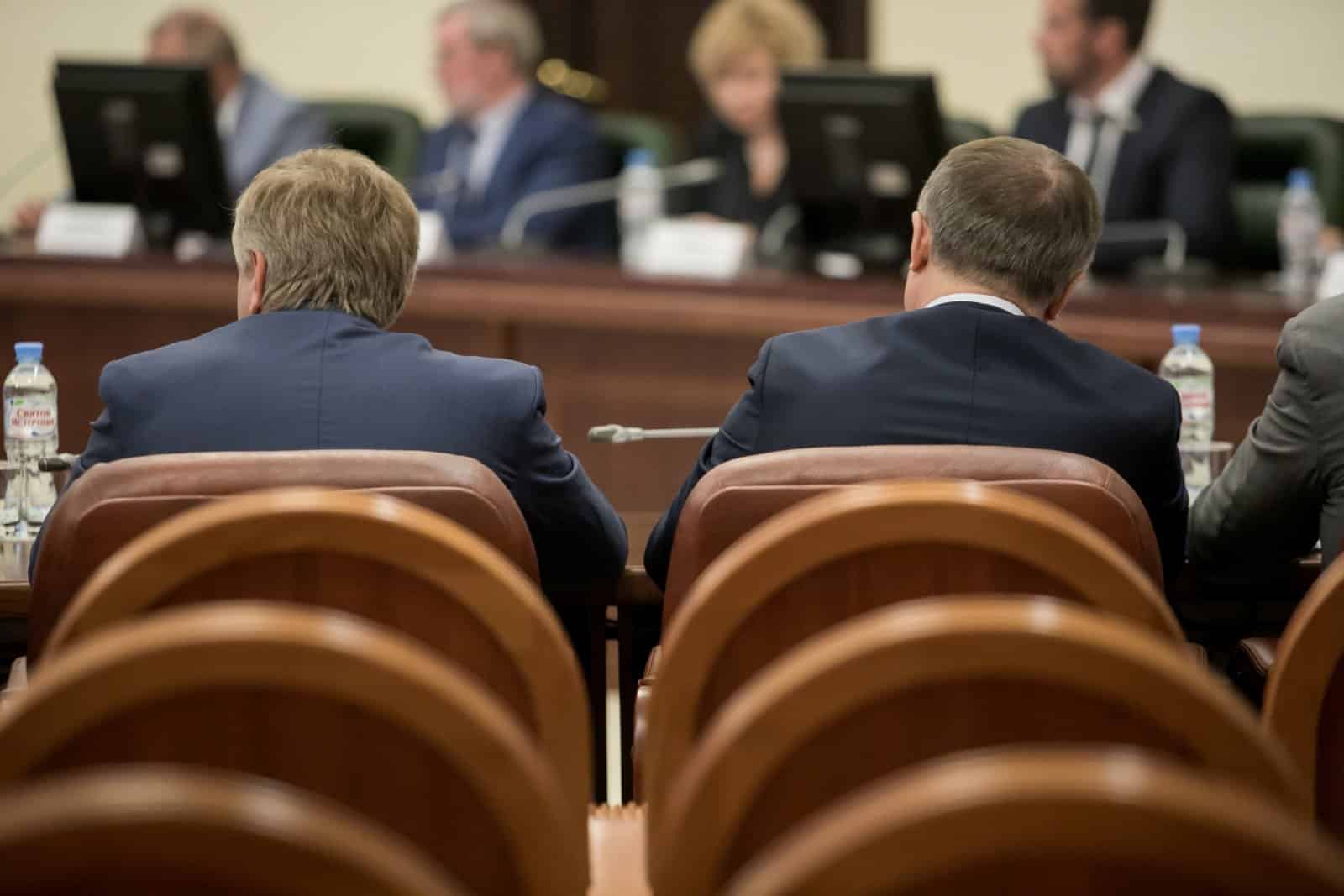
Despite this, the plan, which aims to have young people spend a year in the military or engage in volunteer work, has been labelled poorly conceived and impractical, raising concerns about its feasibility and impact on the armed forces.
Military Criticism

Within hours of the announcement, criticism poured in from military figures and from across the political spectrum.
“Basically Bonkers”

Admiral Alan West, a former Chief of the Naval Staff, did not hold back when he told the Guardian, “I’m delighted if more young people become aware of defence and are involved … but this idea is basically bonkers.”
“Money Will Be Sucked Out”
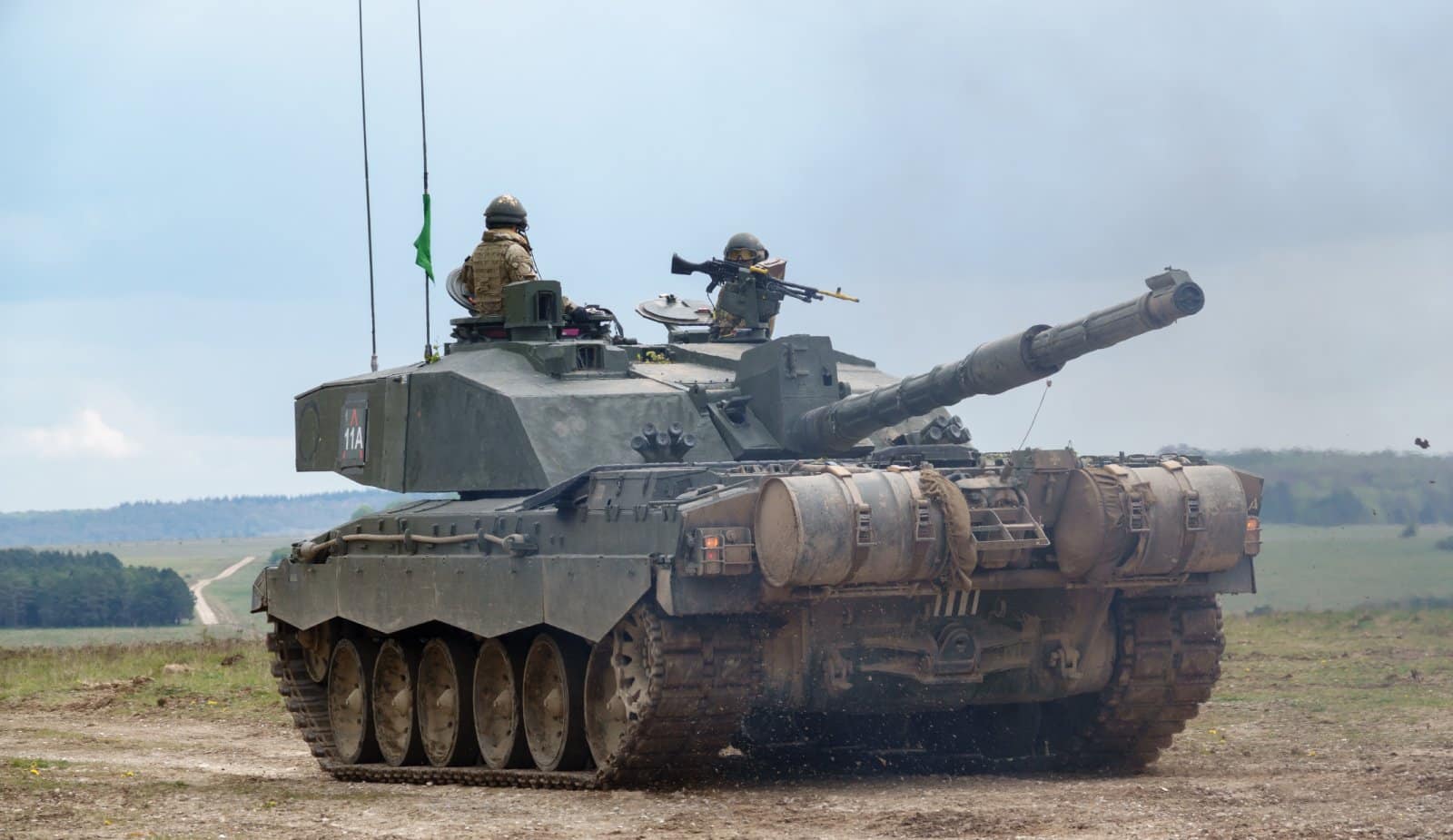
He continued, “We need to spend more on defence, and – by doing what he’s suggesting – money will be sucked out of defence.”
“Teenage Dad’s Army”
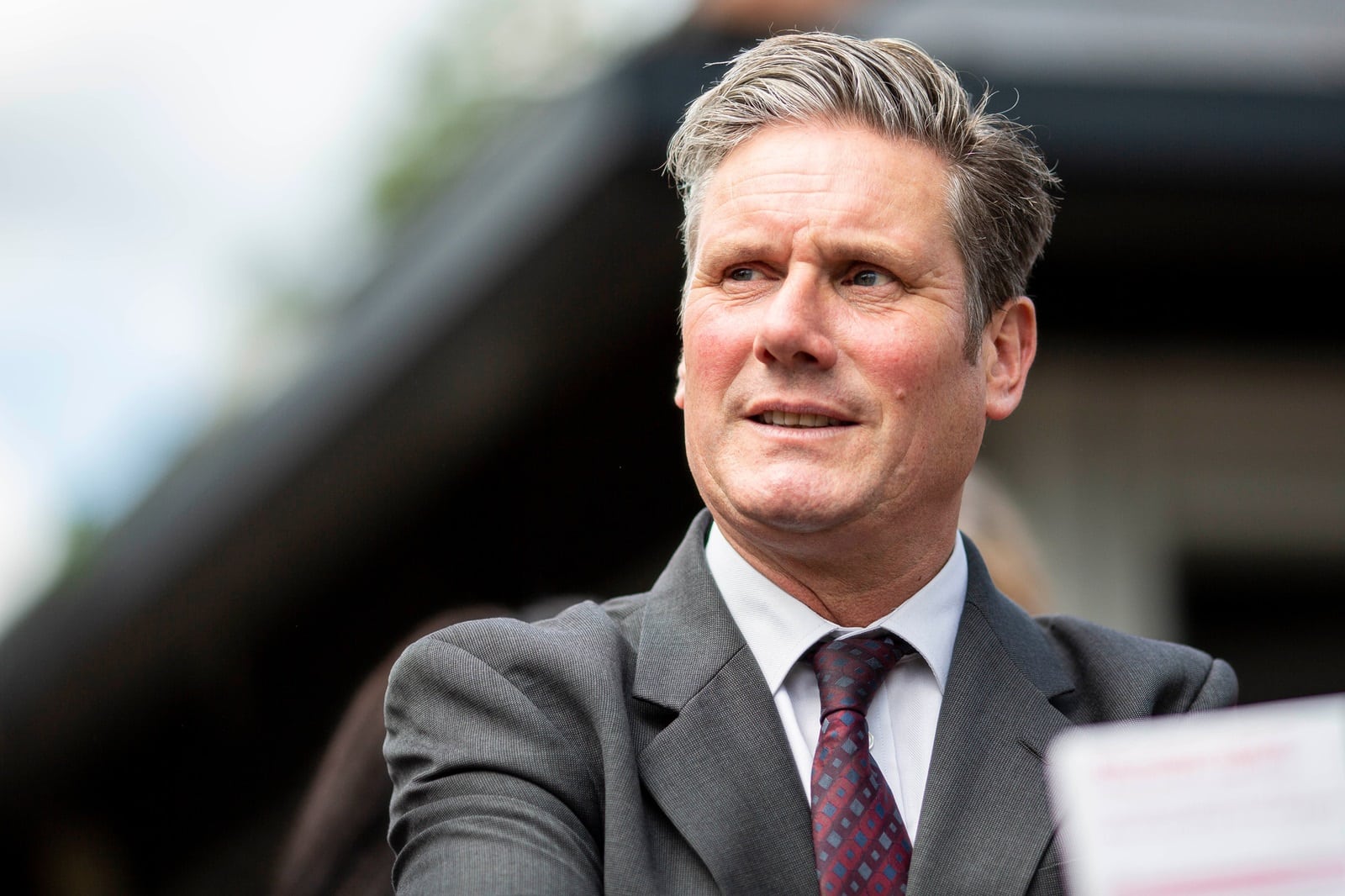
Labour leader Keir Starmer quickly condemned the proposal, stating, “The desperation of this national service policy – a teenage Dad’s Army – paid for by cancelling levelling up funding and money from tax avoidance that we would use to invest in our NHS.”
Military Future

As the UK faces critical decisions about its military future, the tension between maintaining a practical, modern force capable of tackling the threats posed by an increasingly dangerous world and the best way to guarantee numerical superiority appears to be increasing.
Security Situation
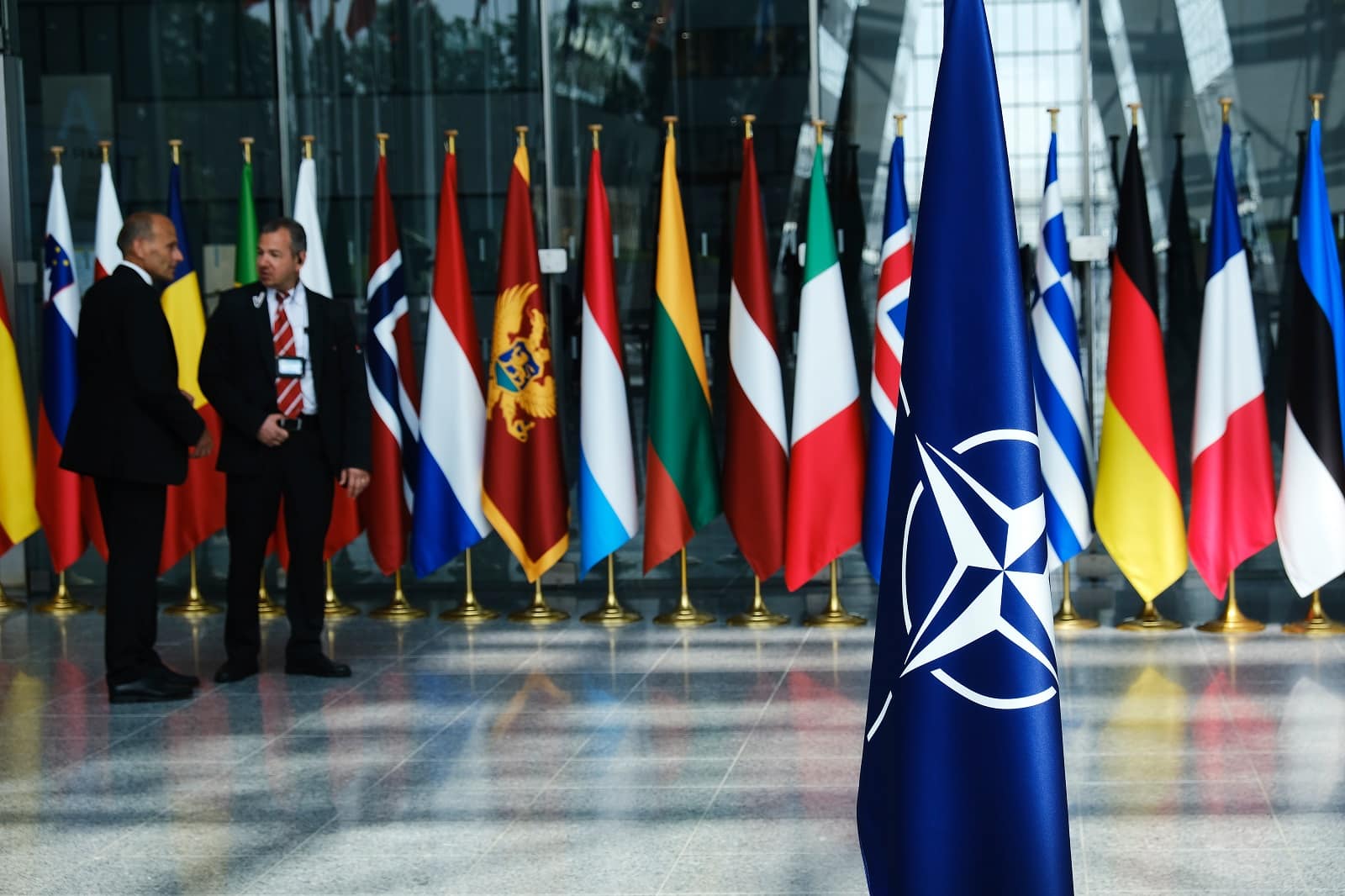
It remains to be seen if the warnings of foreign and domestic generals will be heeded or if the UK will press on with conscription, which has been widely condemned as an inadequate solution to a worrying security situation.
The post Army Stands Firm Against Conscription Amid Military Size Criticism first appeared on Now Buzz.
Featured Image Credit: Shutterstock / Martin Hibberd.

